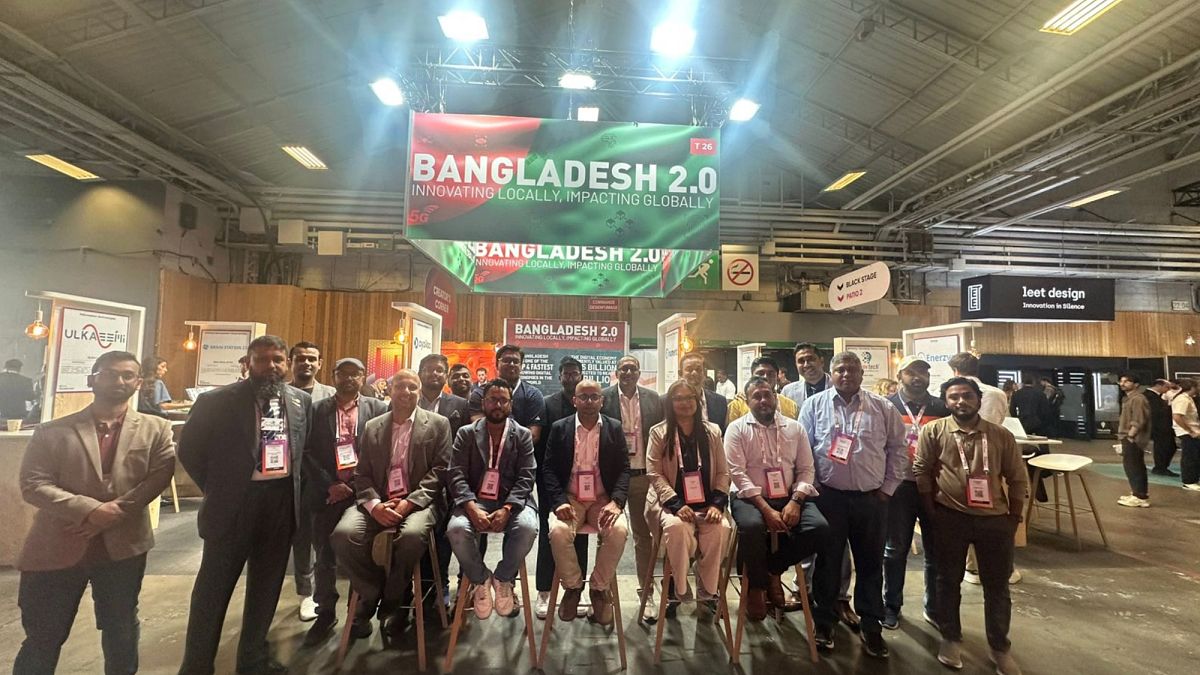

The vibrant tech landscape is evolving at a rapid pace, and countries across the globe are keen to stake their claim in this dynamic arena. At the forefront of this shift is Bangladesh, making significant strides with a burgeoning tech sector that’s catching global attention. Meanwhile, Europe is examining its approach to artificial intelligence (AI), ensuring its ambitions align with sustainable technological progress. These developments reflect a broader narrative of growth, innovation, and mindful navigation of tech-driven futures.
In recent years, Bangladesh has emerged as a promising player in the global tech landscape. During the VivaTech 2025 conference, the country showcased its ambitious digital vision with a booth themed ‘Bangladesh 2.0: Innovating Locally, Scaling Globally.’ This theme aptly encapsulates the nation’s commitment to nurturing local innovation while expanding its reach on the global stage. The event provided a crucial platform where tech leaders and government officials articulated their vision for the future, focusing on how Bangladesh plans to leverage its growing tech ecosystem to foster broader economic growth.
Central to Bangladesh’s strategy is a focus on digital transformation and fostering an environment conducive to tech-driven innovation. With a youthful and digitally savvy population, the country is well-positioned to capitalize on technological advancements. This strategic focus aligns with Bangladesh’s broader economic goals, which aim to enhance the quality of life for its citizens while positioning the nation as a competitive player in the global tech market. As Bangladesh strengthens its digital infrastructure, the ripple effects are expected to bolster various sectors, from education to healthcare, further highlighting technology’s transformative potential.
Simultaneously, Europe’s approach to AI is under scrutiny as it grapples with the complexities of supporting innovation while maintaining a balanced tech ecosystem. A recent report indicates that well-intentioned public support for European AI start-ups might inadvertently bolster the dominance of major US tech firms such as Microsoft and Amazon. This finding underscores the need for mindful policies that nurture European innovation ecosystems without skewing the competitive landscape.
Europe’s discussion on AI is a testament to the careful balancing act involved in fostering innovation while ensuring fair market conditions. By supporting start-ups, Europe seeks to catalyze a vibrant tech sector capable of homegrown innovation, but this must be managed carefully to avoid inadvertently amplifying the reach of existing tech giants. Mindful policy-making will be essential in addressing these challenges, ensuring that AI development contributes positively to society and the economy.
As countries like Bangladesh and regions such as Europe navigate the intricate world of technology and innovation, the need for thoughtful and inclusive policies is more apparent than ever. The focus should remain on empowering local talents, fostering innovation, and building robust ecosystems that support sustainable growth and prosperity. These efforts are crucial for shaping a future where technology acts as a force for good, driving forward positive change and collective progress.
The insights gathered from Bangladesh’s ambitious vision and Europe’s reflective stance on AI provide a window into how different regions can prepare for an advancing technological world. As these narratives unfold, they remind us of the importance of balanced growth and the potential of technology to enhance our lives when harnessed thoughtfully and inclusively. The journey ahead is both promising and challenging, requiring collaboration, innovation, and a shared commitment to navigating the future mindfully.
Source: {link}
